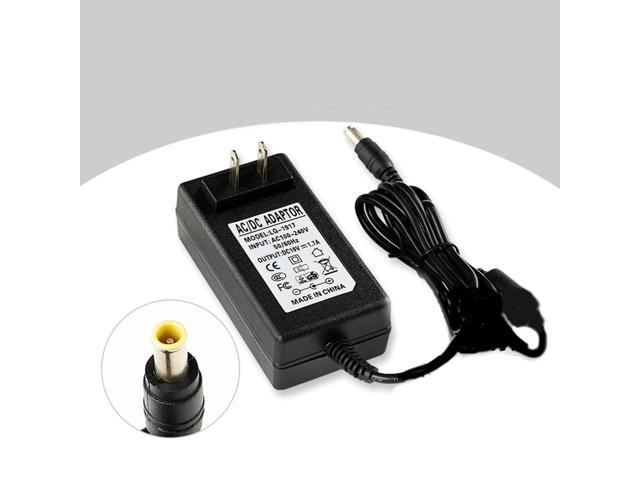Academic self-regulation, the process through which individuals become proactive seekers, generators, and processors of information, is widely acknowledged as the means by which students transform their mental abilities into academic skills. Self-regulated students stand out from their classmates by the goals they set for themselves, the accuracy of their behavioral self-monitoring, and the resourcefulness of their strategic thinking. This highly practical text brings together leading educators and practitioners to illuminate how self-regulatory skills can effectively be taught to elementary through college-age students in the classroom and other learning settings. Chapters present a range of interventions integrating self-regulation instruction into the regular curriculum, describing each project in depth and evaluating how well it helped students acquire self-regulation principles, apply them to enhance learning, and maintain them over time.















